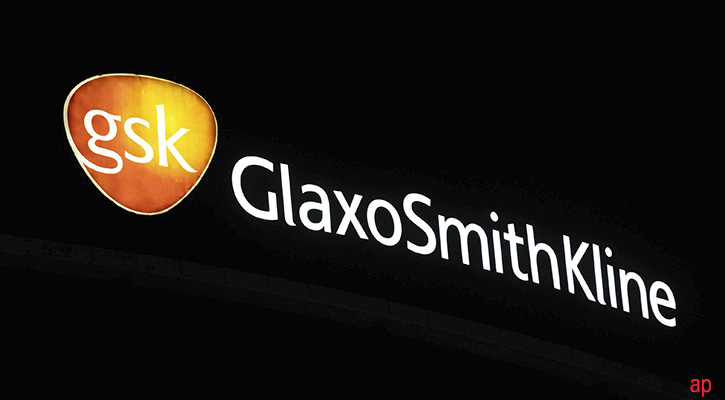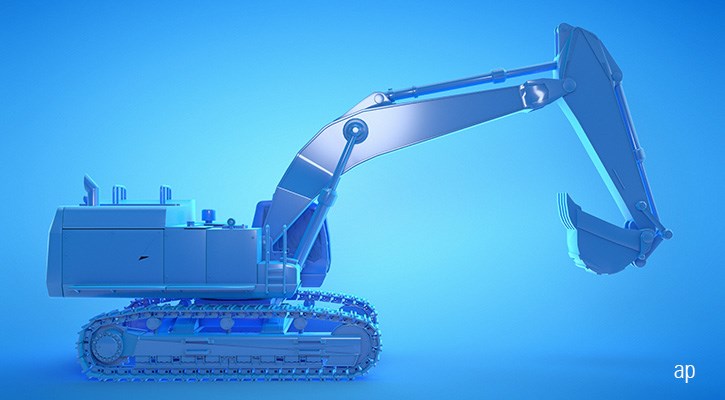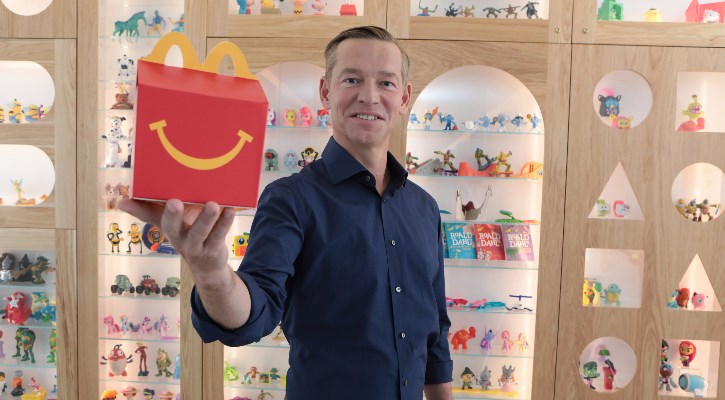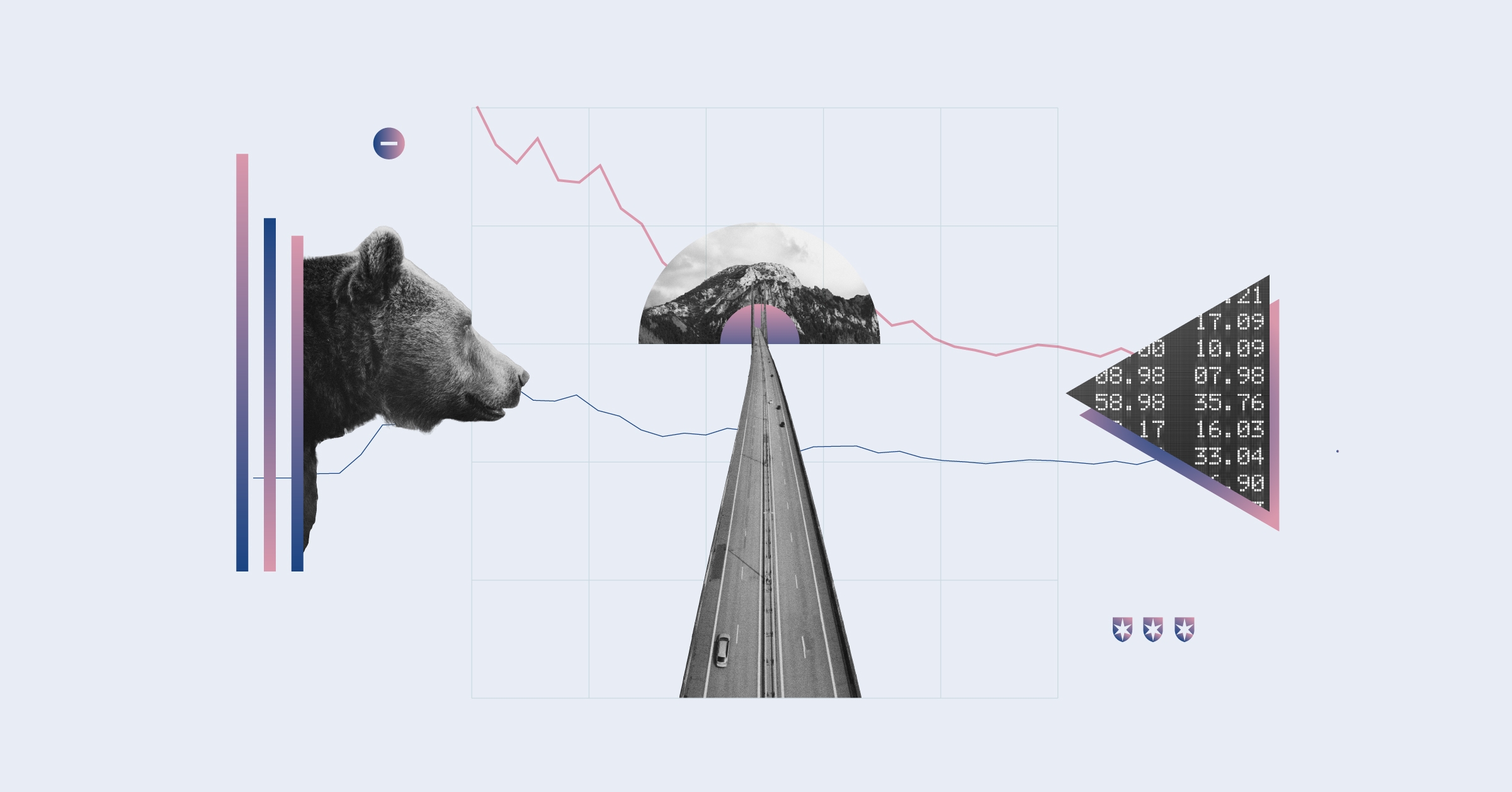
After a frenetic year for M&A in the UK in 2021, it’s been a busy start for 2022. This weekend saw splashes across the business pages on Unilever's audacious bid for GlaxoSmithKline’s (GSK) consumer health division.
GSK then updated the market on Monday to say it had rejected three unsolicited bids from Unilever on the grounds that they undervalued the division. "The Board of GSK unanimously concluded the proposals were not in the best interests of GSK shareholders as they fundamentally undervalued the Consumer Healthcare business and its prospects," it said.
What's in it for Unilever?
In a statement, Unilever said the move ties in with plans to expand its presence in health, beauty and hygiene.
“These categories offer higher rates of sustainable market growth, with significant opportunities to drive growth through investment and innovation, and by leveraging Unilever's strong presence in emerging markets.”
Tied in with this move would be a divestment of lower growth areas to free up money for further investments, the company said.
Again, inflation could have a starring role here — strong brands tend to maintain their “pricing power” in a period of rising prices. I.e. they can push through price increases that less well known or respected brands are not able to.
GSK also mentioned emerging markets as the rationale behind putting a high price on its consumer health assets — the theory is that as developing populations get richer (and older) they can afford more expensive medicines.
Despite the negative market reaction, Morningstar analyst Philip Gorham says the move makes sense from a strategic perspective for Unilever.
How Can Unilever Buy Half a Company?
GSK was supposed to be splitting in half this year and listing as two separate companies. Its pharmaceutical division, which makes vaccines and drugs for conditions like asthma was to be known as "New GSK". This will be separate from the consumer health division, which sells products like Sensodyne toothpaste, Panadol and Voltarel. This is the division that Unilever is interested in.
To complicate matters further, the division is 68% owned by GSK and 32% by US pharma giant Pfizer, which is currently providing booster jabs to the UK. The Unilever offer would have been nearly £42 billion in cash and the rest in Unilever shares.
How Did the Market React?
Shares in GSK rose nearly 5% in trading on Monday but Unilever shed 6% and continued to fall on Tuesday. This is straight out of the M&A playbook though: a target company rises on hopes someone will pay more for it, while the predator's shares fall as investors fret the company will overpay in a bidding war.
Will Unilever Succeed?
The rise in the GSK share price after three offers were rejected, and Glaxo’s insistence that £50 billion undervalues its division, suggests the market thinks there may be more to come from Unilever.
Morningstar's Gorham disagrees, however:
"The offer already looks reasonable to us, and we think Unilever has little room to increase its offer without destroying shareholder value," he says.
"We suspect the sell-off in the share price is at least in part related to concerns about increased financial leverage and possible earnings volatility that would be created by the debt issuance of upward of 50 billion euros required to finance the deal."
Hargreaves Lansdown equity analyst Laura Hoy, meanwhile, thinks this won’t be a case of “buy at all costs”:
“Glaxo’s healthcare business comes with a hefty debt pile, though, which could keep a lid on the price Unilever—or any other suitors—are willing to pay," she says.
Could other suitors emerge if Unilever's final offer is spurned? There's talk of private equity firms readying proposals to outbid Unilever. If Morrisons triggered a bidding frenzy, then that could easily happen again.
What’s the Background?
GSK is under pressure from activist shareholders, who want to force changes to its board and strategy to revive its share price. Shares are up around a very modest 10% over five years, but investors have received some decent dividends in that period.
Its fortunes contrast markedly with vaccine maker and fellow FTSE 100 pharma giant AstraZeneca (AZN), whose shares have doubled over the same period after it became the default choice for the first and second Covid-19 jabs in the UK.
Long a favourite of income investors, dividend darling Unilever is also under pressure to turn around its performance under new chief executive Alan Jope.
Shares are off 20% over the last year despite buybacks and solid dividends. The company has built its reputation around acquisitions and now owns more than 400 brands: its purchases include Ben & Jerry’s, which it lapped up in 2000. A recent acquistion was Pukka Herbs, a Bristol-based upmarket tea company, which was bought in 2017.




























